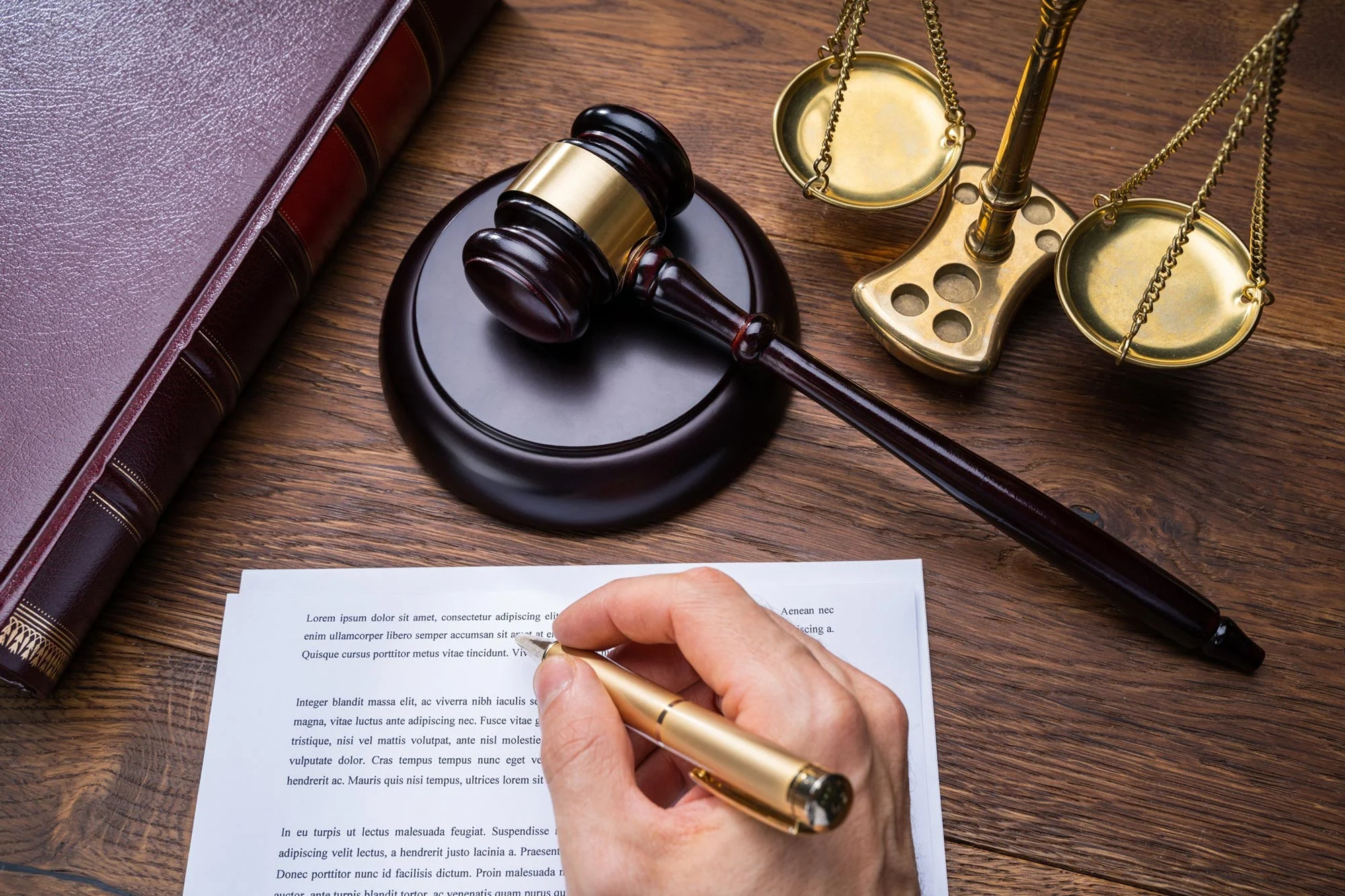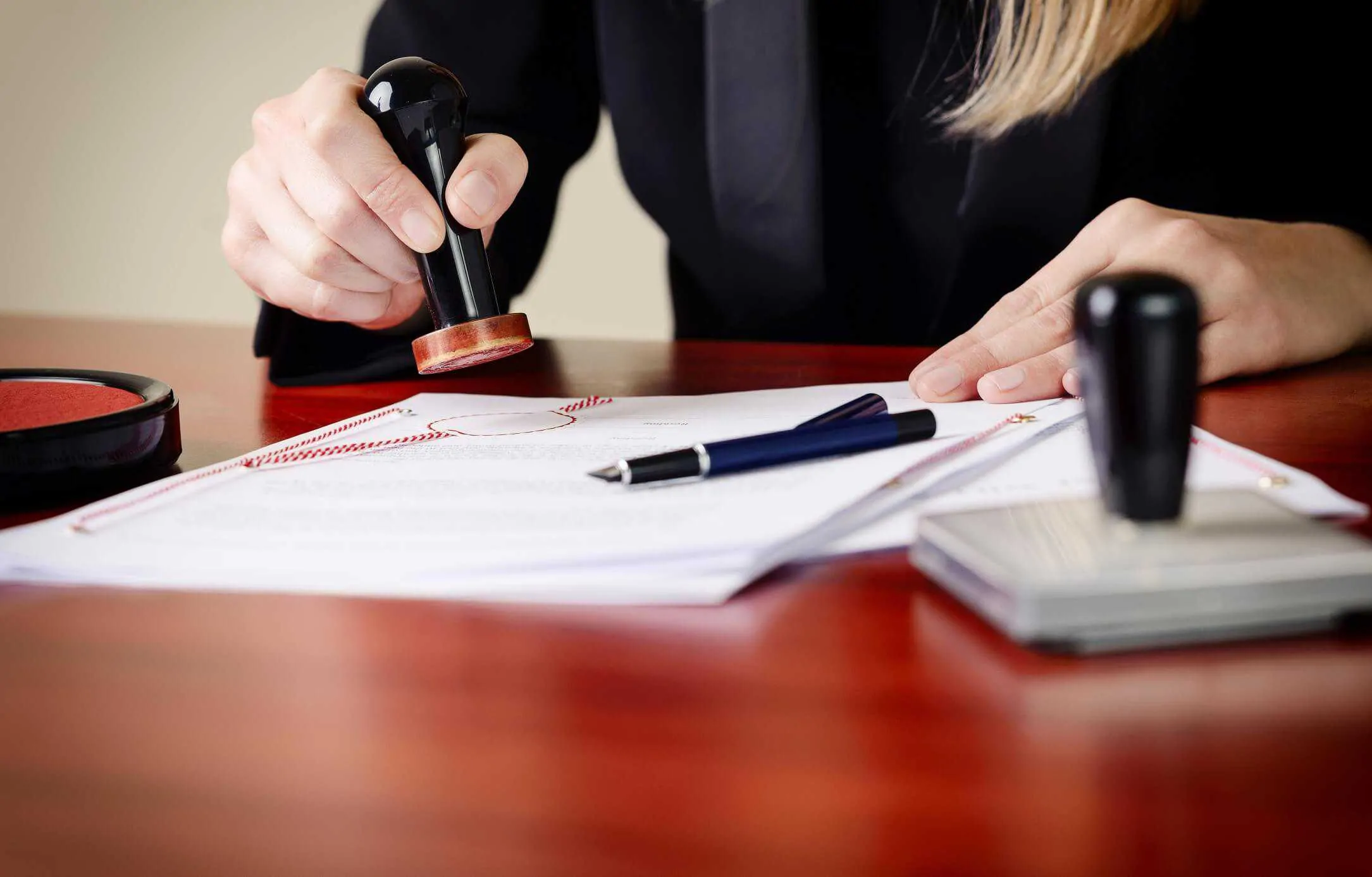Dubai is a busy city for business, tourism, and international relations. With people from over 200 nationalities living and working in the UAE, legal communication across languages has become vital. Certified legal translation services in Dubai are critical in ensuring that legal documents are accurately and professionally translated, maintaining the integrity and legality of content.
This article explores why accredited legal translation is so important in Dubai, the types of documents it covers, the risks of unprofessional translation, the benefits of hiring professional services, and how to choose the right translation provider. Whether you’re a business owner, a legal professional, or an individual dealing with official paperwork, understanding this topic is crucial.
What is Certified Legal Translation?
Certified legal translation involves converting legal documents from one language to another while ensuring accuracy, confidentiality, and compliance with local laws. In Dubai, these translations must be attested by a government-approved translation agency to be legally valid.
Key Features of Certified Legal Translations:
- Accuracy – Legal terms must be precisely translated to avoid misinterpretation.
- Certification – The translation must include a stamp and signature from an accredited translator.
- Notarization & Attestation – Some documents require further authentication by UAE authorities.
- Confidentiality – Sensitive legal and personal information must be protected.
Why is Certified Legal Translation Important in Dubai?
Here are some reasons:
1. Legal Compliance in the UAE
Dubai’s legal system requires all official documents (e.g., contracts, court rulings, immigration papers) to be in Arabic or accompanied by a certified Arabic translation. Without certification, documents may be rejected by:
- Dubai Courts
- Ministry of Foreign Affairs (MOFA)
- Department of Economic Development (DED)
- Immigration Authorities (GDRFA, ICA)
2. Business & Corporate Requirements
Companies in Dubai dealing with international clients need certified translations for:
- Trade licenses
- Memoranda of Association (MOA)
- Employment contracts
- Patent & trademark registrations
3. Personal Documentation
Expats and residents often require certified translations for:
- Marriage & divorce certificates
- Birth & death certificates
- Academic degrees (for equivalency)
- Visa & residency applications
4. Avoiding Legal Disputes
Incorrect translations can lead to:
- Contract breaches
- Visa rejections
- Court case delays
- Financial penalties
Types of Documents That Require Certified Translation
In Dubai, a wide range of legal documents may require certified translation, including but not limited to:
- Court Documents: Judgments, summons, legal notices
- Business Contracts: Agreements, licenses, commercial registration
- Immigration Documents: Passports, birth/marriage certificates, police clearance
- Academic Certificates: Diplomas, transcripts for visa or work purposes
- Medical Documents: For legal or insurance claims
- Power of Attorney: Often needed for property or business dealings
The Risks of Uncertified or Poor Translation
Using an uncertified translation can have serious consequences:
- Rejection by government offices or courts
- Loss of legal rights
- Misinterpretation of terms leading to disputes
- Delayed visa or immigration processes
- Breach of contract due to miscommunication
In legal contexts, accuracy isn’t optional—it’s mandatory.
What Makes a Legal Translator “Certified” in Dubai?
In Dubai and the wider UAE, a certified legal translator must:
- Be licensed by the UAE Ministry of Justice
- Be proficient in both the source and target languages
- Have legal training or experience
- Provide official stamps and signatures on translated documents
Only translators meeting these criteria are allowed to translate legal documents that are recognized by the UAE authorities.
Legal and Governmental Requirements for Translation in Dubai
In Dubai, all official documents submitted to government authorities, courts, or businesses must be translated into Arabic by a certified translation provider approved by the UAE Ministry of Justice (MOJ). Translations must include an official stamp, signature, and attestation from recognized agencies to be legally valid.
Key entities such as the Ministry of Foreign Affairs (MOFA), GDRFA (Immigration), and the DED (Department of Economic Development) require certified translations for visas, contracts, licenses, and personal documents like birth certificates and marriage licenses. Failure to use an accredited service can result in rejections, legal complications, or fines, making choosing a government-approved translation provider in Dubai essential.
The Role of Certified Legal Translators in Legal Accuracy

Certified translators ensure legal accuracy by providing precise and reliable translations of official documents. Their expertise in legal terminology, combined with formal Accreditation, guarantees that contracts, court rulings, immigration papers, and other critical documents maintain their validity in compliance with UAE laws.
Unlike general translators, certified professionals understand the nuances of legal language, preventing costly errors, misinterpretations, or rejections by government authorities. Their work often includes notarization and attestation, adding an extra layer of authenticity. In Dubai, where legal and business transactions demand strict adherence to regulations, hiring a certified legal translator is essential for safeguarding the integrity of legal processes.
How Certified Translation Supports Business and Legal Transactions
Certified translation is crucial in ensuring smooth business and legal transactions in Dubai by providing accurate, legally recognized translations of contracts, agreements, and official documents. Businesses, whether dealing with international clients, government authorities, or local courts, rely on certified translations to avoid misunderstandings, legal disputes, and compliance issues.
These translations are attested by approved agencies, making them valid for visa processing, company formation, and court submissions. By ensuring precision and authenticity, certified translation helps businesses maintain credibility, expedite approvals, and operate seamlessly in Dubai’s multilingual legal and corporate landscape.
Benefits of Hiring Certified Legal Translators in Dubai
Here are some benefits:
1. Government Recognition
Only approved translation agencies can provide legally valid translations accepted by UAE authorities.
2. Expertise in Legal Terminology
Professional translators understand complex legal jargon in both Arabic and English, ensuring precision.
3. Faster Processing
Certified translations speed up visa approvals, business licenses, and court submissions.
4. Confidentiality & Security
Reputable agencies follow strict data protection policies.
5. Avoid Rejection & Penalties
Translation errors can lead to document rejection, fines, or legal complications.
How to Choose the Trusted Certified Legal Translation Services in Dubai

1. Check Accreditation
Ensure the agency is approved by:
- Dubai Courts
- Ministry of Justice (MOJ)
- Notary Public
2. Verify Translator Qualifications
Translators should have:
- Legal expertise
- Native-level language proficiency
- Certification from recognized institutions
3. Compare Turnaround Time & Pricing
Some agencies offer same-day or urgent services for time-sensitive documents.
4. Read Customer Reviews
Check Google, Trustpilot, or social media for feedback on reliability and accuracy.
5. Ask About Additional Services
Some providers offer:
- Notarization & MOFA attestation
- Document legalization
- Multilingual translation support
Top Certified Legal Translation Providers in Dubai
While many agencies offer legal translation, some of the most trusted include:
- Prime Legal Translation Dubai (MOJ approved)
- Q Links Legal Translation Services (MOJ accredited)
- Notary Public Dubai (for notarized translations)
Frequently Asked Questions (FAQs)
Here are some common questions:
Is Google Translate enough for legal documents in Dubai?
No. Government authorities in Dubai do not accept machine-translated or uncertified translations for legal purposes.
How much does an accredited legal translation cost in Dubai?
Prices vary depending on the document length, language pair, and urgency. On average, it can range from AED 100 to AED 500 per document. Urgent services or rare language pairs may cost significantly more.
Can I translate my legal documents?
Not for official use. Only certified translators registered with the UAE authorities can produce translations that courts or government offices accept.
Conclusion
Certified legal translation services in Dubai are not just helpful—they are often legally required. Whether you’re dealing with court proceedings, immigration, or business operations, accuracy, compliance, and professionalism are key. Always choose a licensed, experienced legal translation provider to ensure your documents are valid and your legal rights are protected.
With Dubai’s ever-growing international footprint, the demand for trusted, certified legal translators will continue to rise. Don’t take risks—invest in certified legal translation services in Dubai and confidently move forward.
Need Legal Translation Dubai?
Choose an accredited provider with expertise in legal terminology, fast turnaround times, and a strong reputation for reliability.
Get in touch with a certified legal translator to ensure your documents are processed smoothly and without delays.


